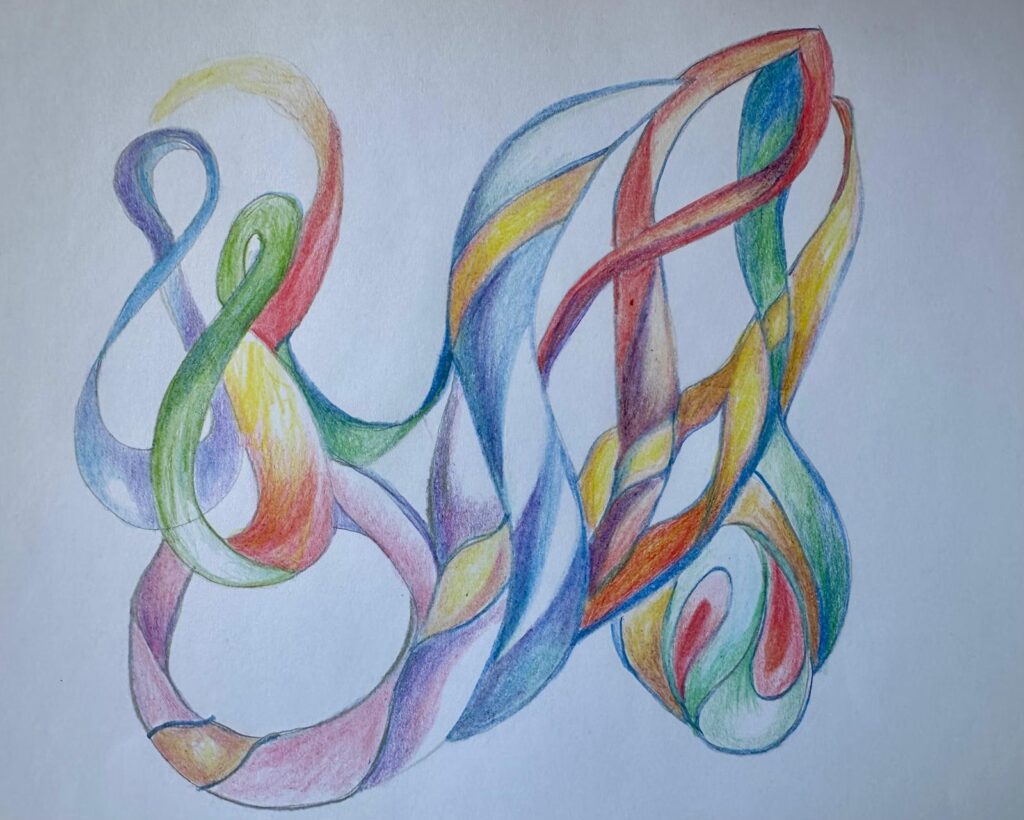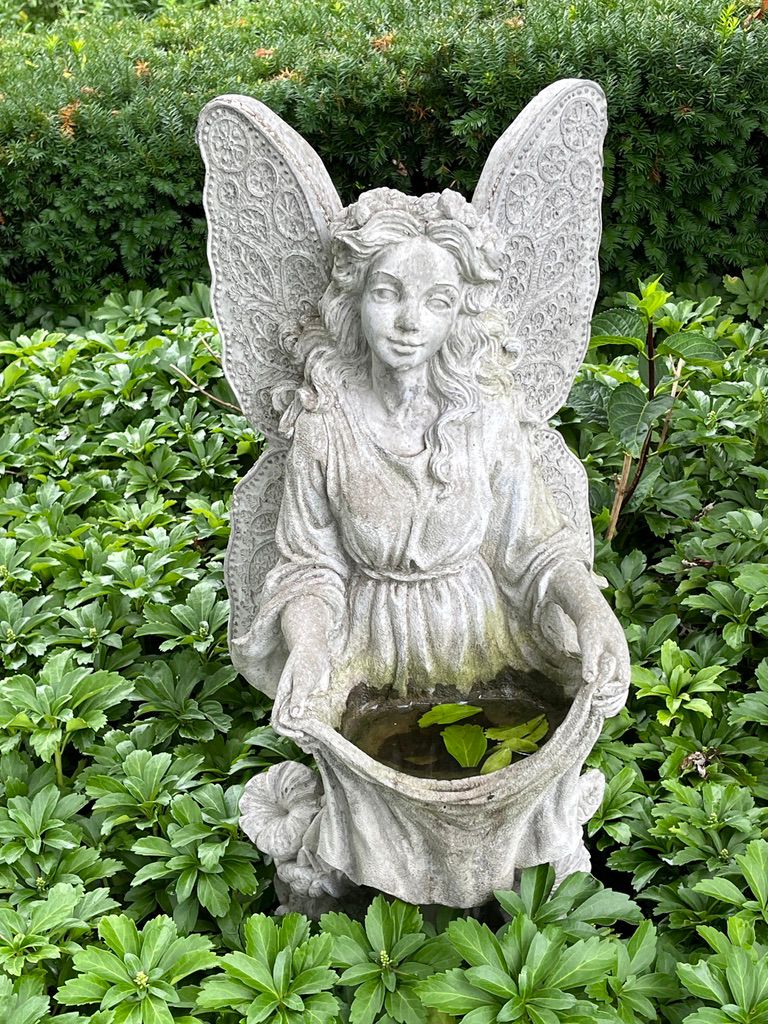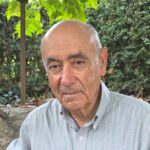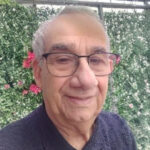Reading an article¹ on the concept of Providential Economy has inspired me to delve into this theme. The authors suggest “Establishing a spiritual process related to minimalism and manual work as a strategy which encourages the applicability of providential economy dealing with accumulation.”
Minimalism is justly based on the aphorism that “less is more.” Even though this term comes from architecture, expressed in a more succinct way, it can be understood as reducing to the essential. This concept can also be applied to a way of life.
Unless one places it in its correct context, it is not easy to understand the aphorism “less is more.” Nevertheless, when it is put into practice, it can be the solution to many situations we face in our lives and, in general, in certain cultures. The authors add that “Being a minimalist is having order in life, or a simple and full lifestyle. Thus, minimalism with a spiritual focus would be: Being in the present and paying attention with a simple and total focus; on the path of renouncement.”
Therefore, when we speak of minimalism, we touch on various concepts. The first is already expressed in the article’s title: Providential Economy. The authors then propose a connection to the spiritual, as minimalism leads us to live in the present, keeping in mind the path of renouncement.
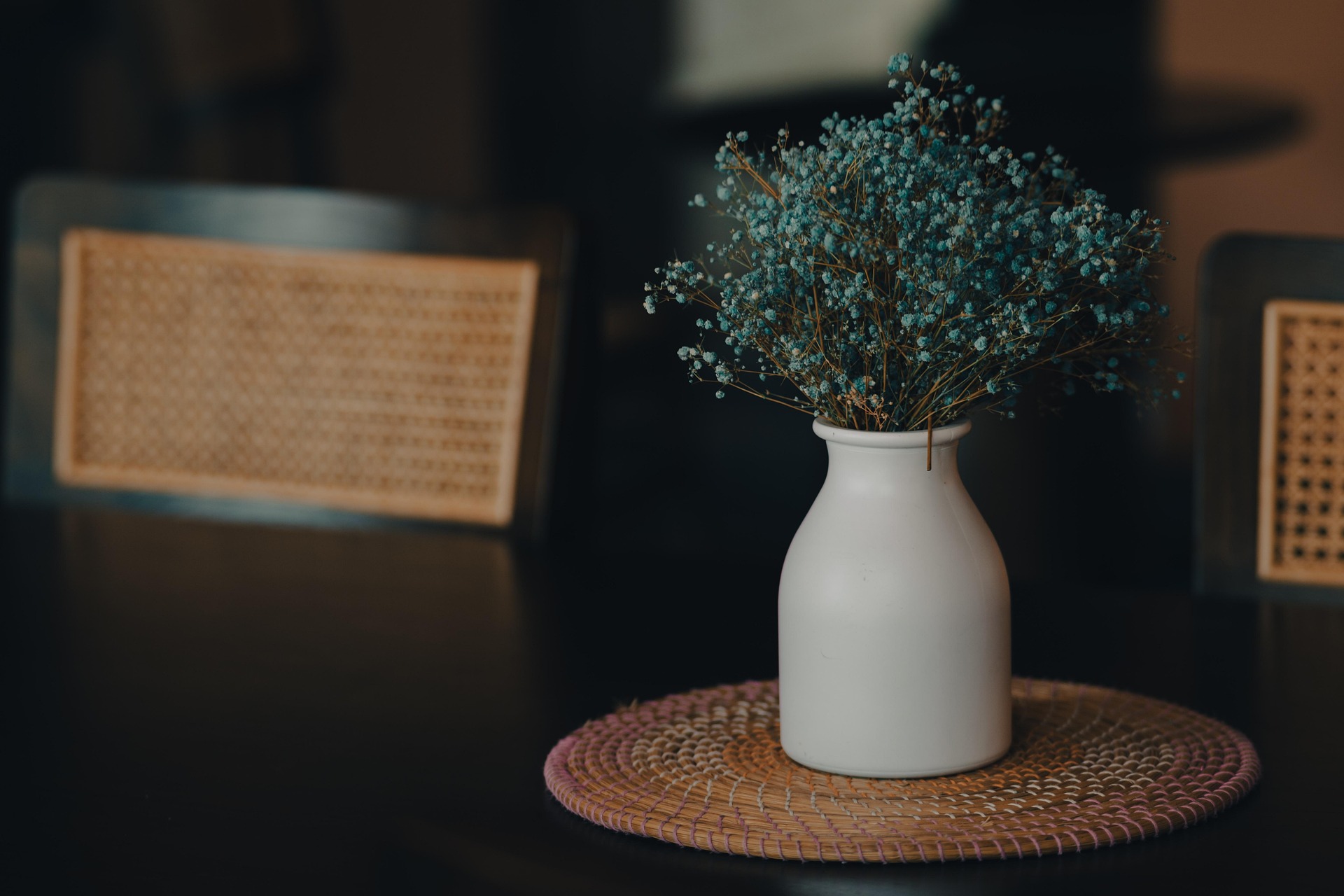
The principle of Providential Economy is to occupy one place instead of two or more. What does this involve? Well, if I occupy more than one place, I am depriving someone else of theirs. What I should ask myself is: Why would I do this? And if I think about it, deep down I realize that resources are finite, that everything is interconnected, and I am just one more person in the world. What we are currently experiencing with the problem of global warming, the consequences of natural disasters and all the harm to the environment, can prove to us that we are not living according to the principle of providential economy.
But not only can we apply this principle to our environment; we can also apply it to our daily life when we realize that the closet and the drawers can hold no more clothes, or when I think about where I can put books that won´t fit on the shelves I have. Do I accumulate? Does this affect me? I have forgotten that “less is more”. I can try to put it into practice and see what happens.
Another aspect that the article reminds us of is renouncement. That is, realizing that basically nothing is permanent, that I am not what I have and that, on the contrary, when I cling to something—persons, knowledge—this will become a source of suffering in the long run. Learning to live without the desire or need to possess in all its aspects.
“Simplify, simplify,” Henry David Thoreau reminds us in his book, Walden. Once again, “less is more.” Not too long ago, I saw a program about people who carry accumulation to the extreme, and consequently, life chokes them. It dealt with Diogenes Syndrome; people who accumulate things to the extreme of making their home uninhabitable. Obviously, this is a psychological condition, but it shows me something: the pain caused by accumulation. And I can ask myself: What do I tend to accumulate? Things, social media friends, knowledge, animals, or other things?
Finally, the article mentions living in the present as a way of applying minimalism to life. When I live in the present, that is, in the now, I do not live with the anguish of what I am not going to have in the future, or what I had and no longer have. I simplify my life because “less is more.” I realize that only the present exists.
I leave you with the question: What does “less is more” mean in your lives?
¹ “Aplicación de la Economía Providencial” [Application of Providential Economy], by Marcela Perales Arteaga, Rosse Mary Butrón Quisbert, Viviana M. Cordero Dubravcic, María Teresa Peralta Troche and Sonia Teresa Pereyra Vela.


